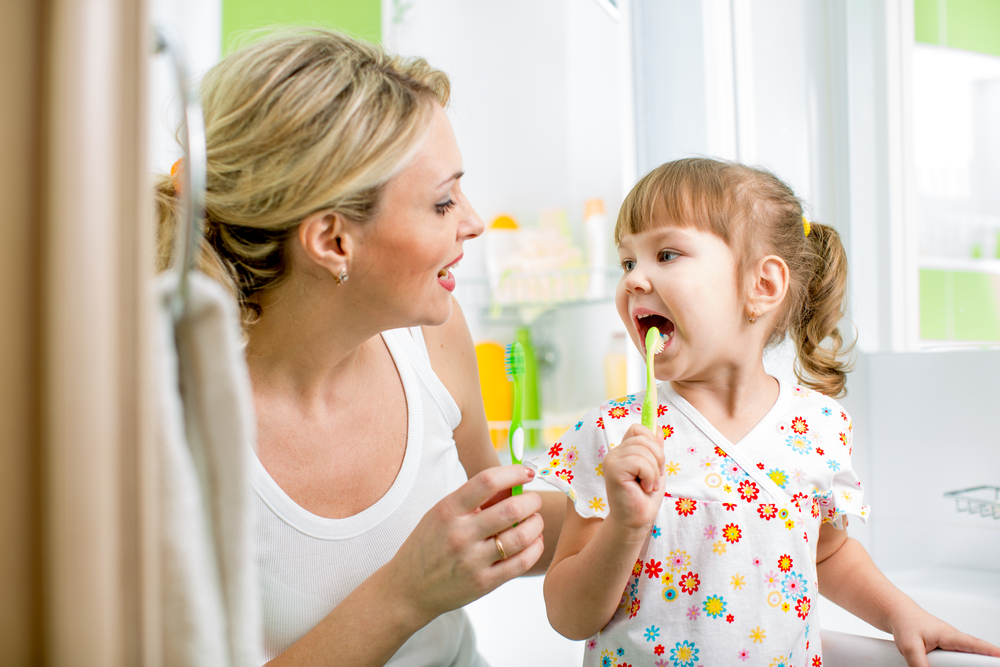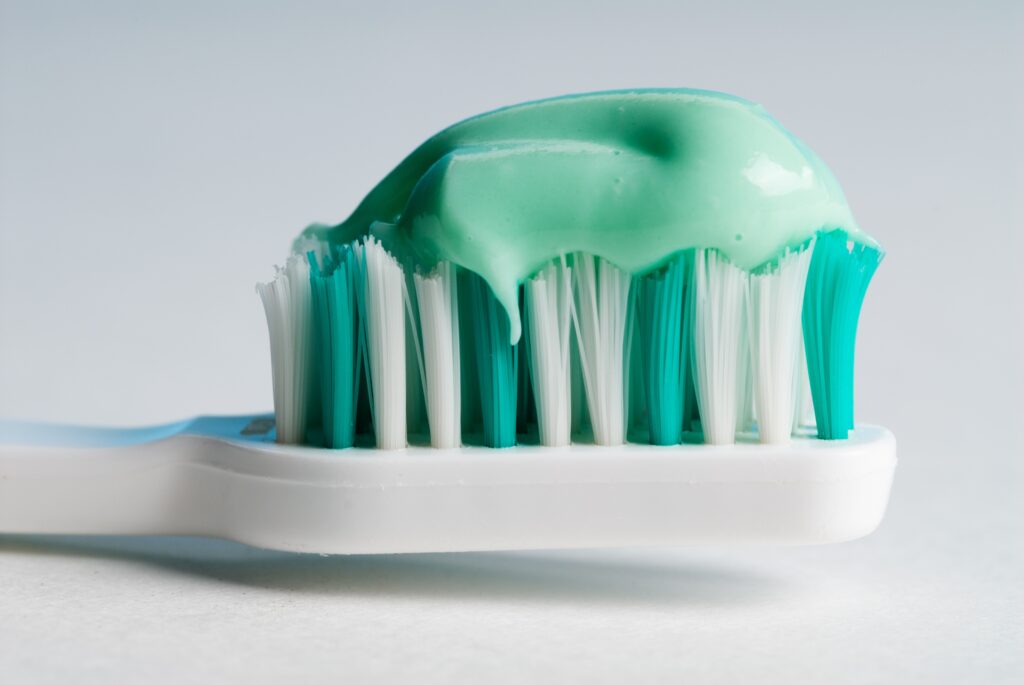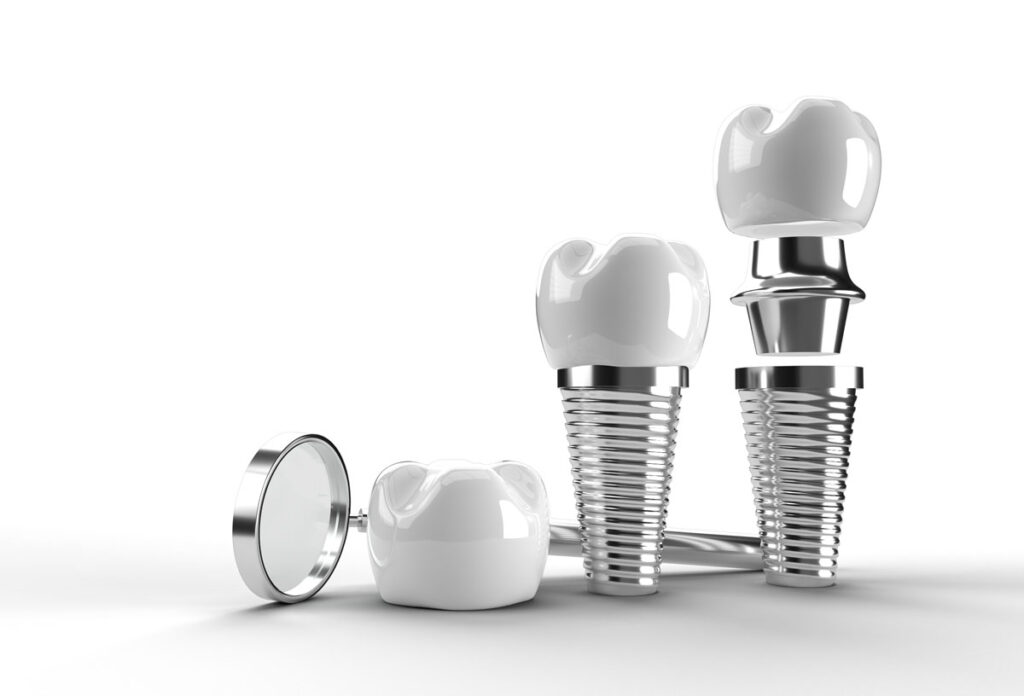Updated: 1/20/2020
Family members tend to act similarly. Maybe your kids like the same foods as you, or perhaps they leave the cap off the toothpaste tube like your spouse. It’s no surprise that children have tendencies that resemble their parents or other family members – whether it’s genetic or just a learned habit.
So let’s discuss how family health habits can affect children’s habits once they reach adulthood.
1. Nutritional Habits
Nutritional habits are something people can learn from their family – whether it’s what kinds of food they eat or how much they eat
Jennifer Trachtenberg, author of Good Kids, Bad Habits, said, “Eating habits from childhood definitely can carry over into adulthood, so it’s best to deal with them now.”
Here are a few habits to think about:
- Eat Often – But Don’t Overeat. In a study done by the University of Massachusetts Medical School, people who typically eat 4 or more times a day have a 45% lower chance of becoming obese. This may seem contradictory – you eat more to stay thin? It’s important to remember that the food eaten in between traditional meal times are healthy.
- Make Snacks That Are Filling. A lot of snacks in stores these days contain mostly sugar and carbs – both of which do little to actually help with hunger. If your kids eat a snack, make sure it’s something healthy that can sustain them and promote healthy eating. Fruits and vegetables are a great go-to snack that is beneficial for your oral health,
- Limit Junk Food. Follow the “out of sight, out of mind” motto. If you don’t buy unhealthy food, they won’t be able to eat it. There’s nothing wrong with a fun treat every now and then – but make sure junk food is not a norm.
2. Exercise Habits
In a study by the International Journal of Behavioral Nutrition and Physical Activity, results showed that parental exercise habits have a strong impact on the habits of their children.
“Having two physically active parents was associated with participation in a significantly higher number of extracurricular sports and with significantly greater cardio-respiratory fitness, compared to having two physically inactive parents.”
Children will develop habits that resemble those of their parents – depending on if they are physically active or not. If a child is introduced to healthy habits like exercising regularly in early childhood, they are more likely to carry on a healthy lifestyle in adulthood.
3. Smoking/Alcohol Addiction
Smoking Habits
We recently conducted a survey with high school and college students about their smoking habits and opinions. Among other questions, we asked them why they started smoking. Here are the results:
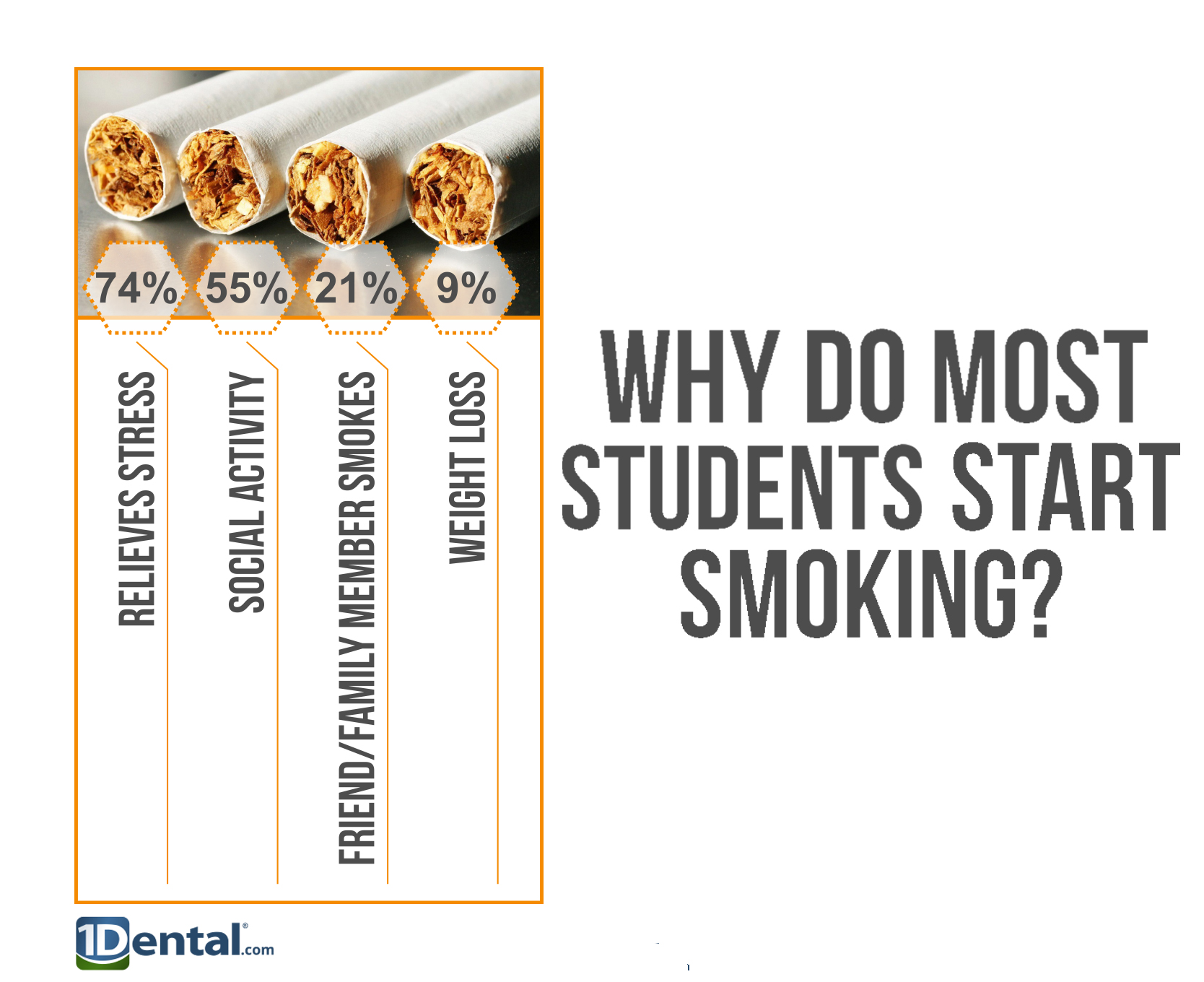
While the data indicates that smoking isn’t primarily picked up from a family member, it’s still a possibility. Our survey also determined that most students begin their smoking habits in high school when they are still living at home. It’s important to pay attention to who may be influencing your child to start smoking – whether it’s their friends or an extended family member.
Alcohol Habits
In our survey, we also asked students about their drinking habits. Here’s what they had to say about why they consume alcohol:
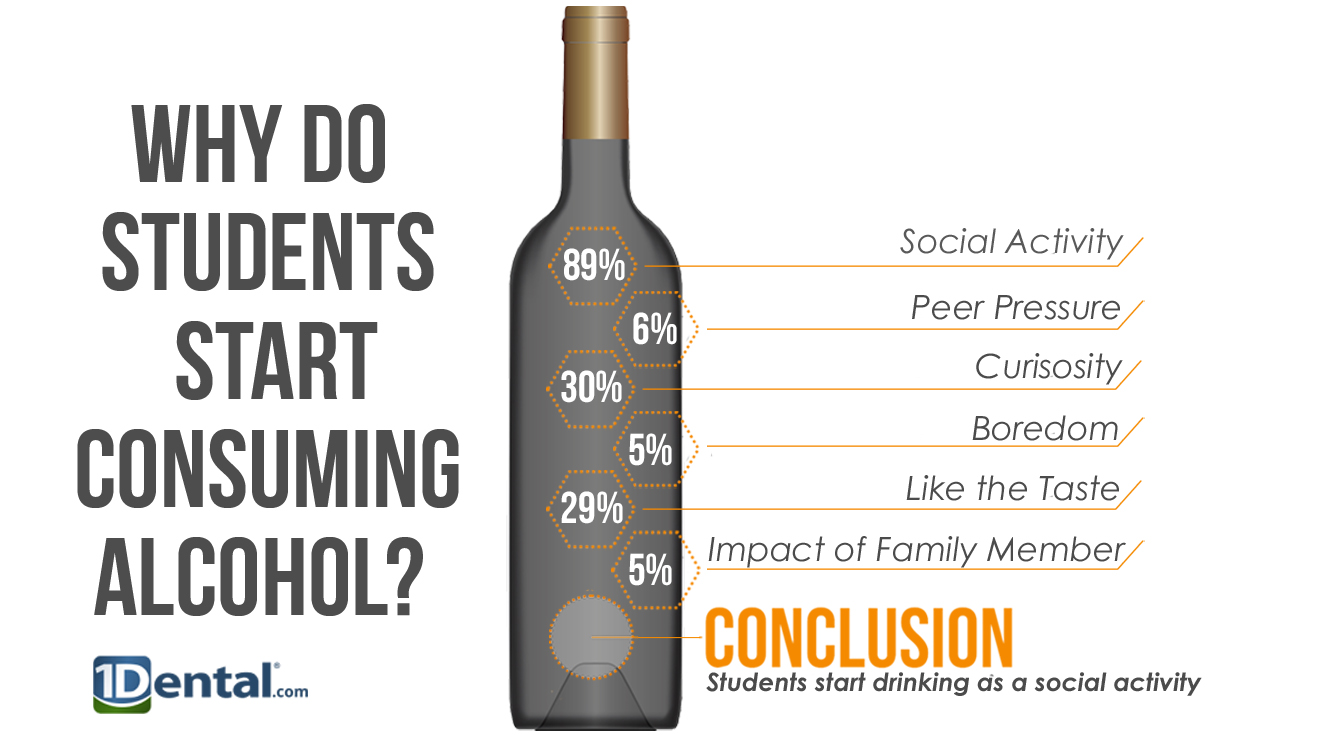
As opposed to picking up the habit from a family member, a staggering amount of students reported that they started drinking as a social activity. The survey results also indicated that a habit of drinking alcohol generally starts while students are at college, and not while they live at home.
4. Stress
Some people have a disposition that makes them become more stressed than others. The habit of a person becoming stressed can have to do with many factors, beginning with environmental surroundings to their specific personality type (or how they process stressful situations). That being said, stress is not necessarily inherited in the genetic sense. A study published by Mammouth Magazine details how behavior caused by stress can be learned. For example, a child who is raised by a highly anxious person may indeed grow to act similarly. However, the child wouldn’t need to be their biological descendant to become prone to stress. Most likely, the behavior is caused by the environmental influences above the biological.
5. Dental Phobia
The fear of dentistry is not rare by any means, as many people suffer from odontophobia (or dentophobia, but it is possible it is a phobia picked up from another family member.
There are typically two factors that can cause a phobia: family genetics and the environment. Children may develop dental anxiety if their parent or close relative has it. Additionally, if a child has a negative association of some kind with dentistry, that could be the cause of a phobia.
In our survey, we asked students about their feelings toward going to the dentist. This is what they said:

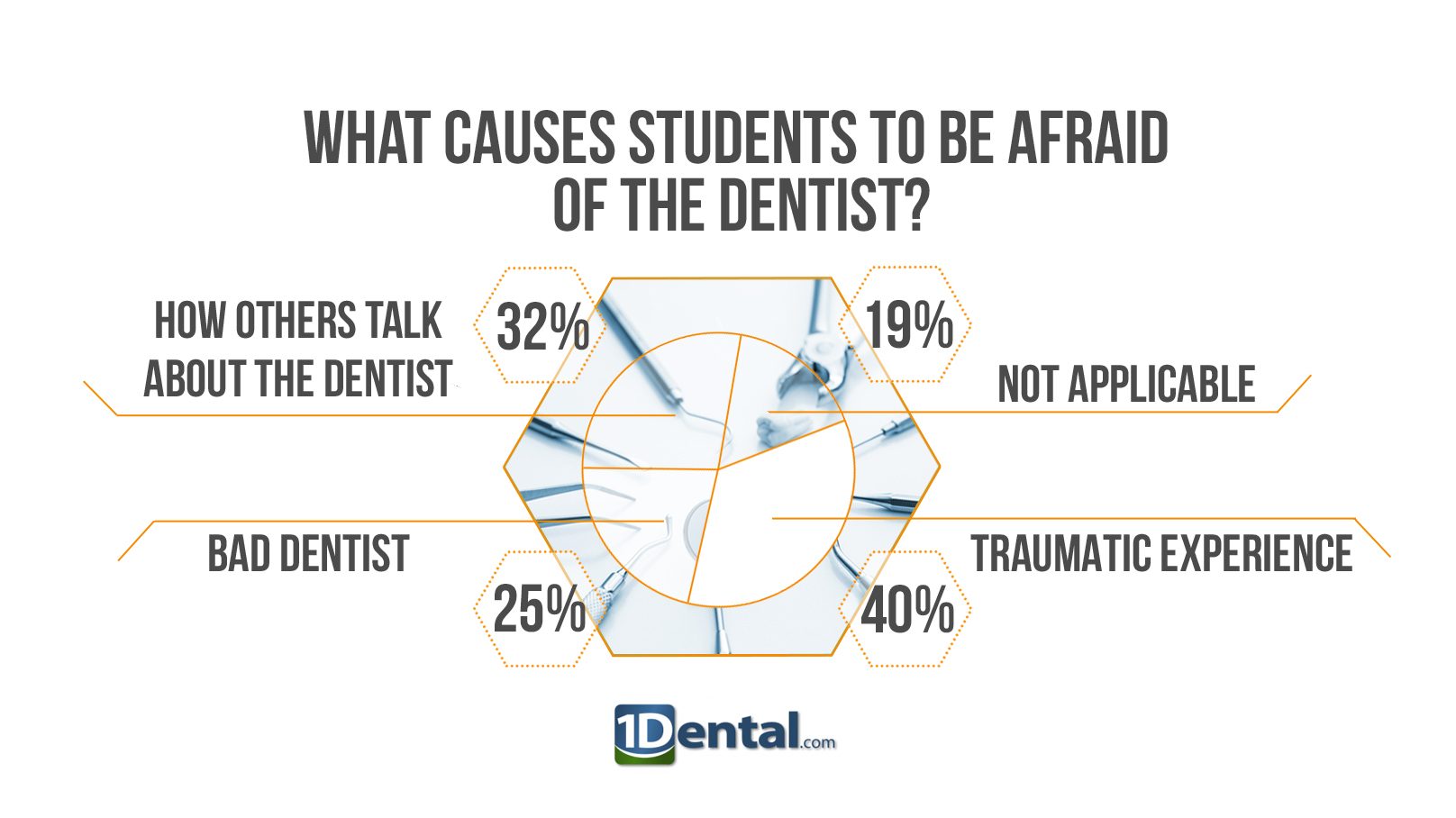
It’s important to note that while most people’s fear was developed from a traumatic experience, the next group of people reported that their fear came from how family members or friends talked about going to the dentist.
6. Dental Health
Genetics – Cavities
Just like your kids might have brown hair if you do, they can actually inherit different tooth qualities from you, as well. This can include the way teeth are shaped, how good their bite is and can even determine the strength of tooth enamel. Enamel is the protective coating around a tooth that prevents cavities. Certain actions can weaken the tooth enamel, making teeth more susceptible to cavities or tooth decay. Some people’s teeth, however, naturally have a thinner layer of enamel, which is a trait that can be passed to their children.
Dental Hygiene Habits
It’s important for kids to learn how to properly care for their teeth at a young age so that once they are adults they will continue the habit. If people don’t take care of their teeth there is a much greater chance that they will develop a serious oral health condition. To get kids moving in the right direction of oral hygiene, remember to do these things:
- Take good care of your teeth daily.
- Visit the dentist regularly (twice a year at the least).
The habits that your family create and maintain could shape the way your child behaves in adulthood. Make sure you are setting them up for success by implementing healthy habits that will benefit their health overall.
How has your family health habits impacted your child? How were you impacted by your family? We’d love to hear your thoughts and stories in the comment box.

